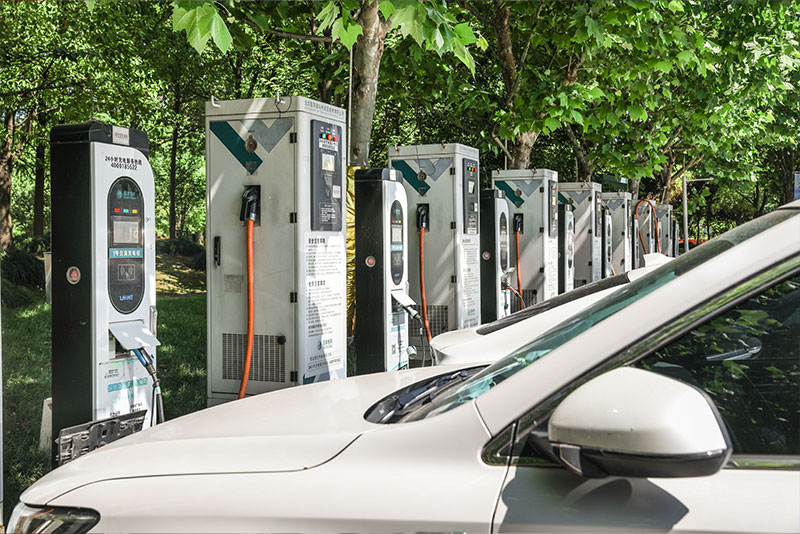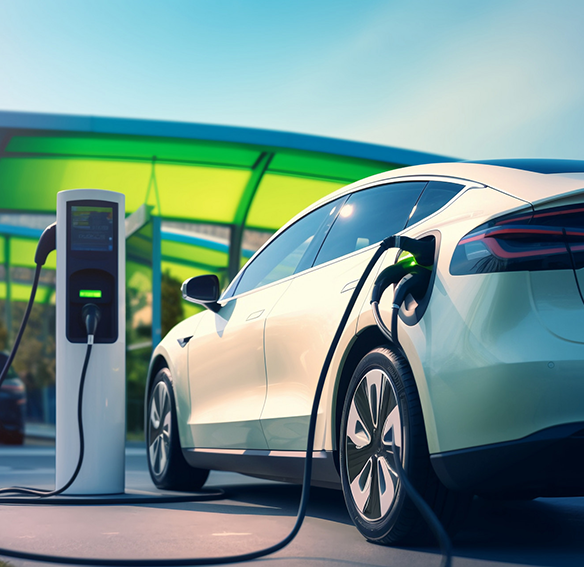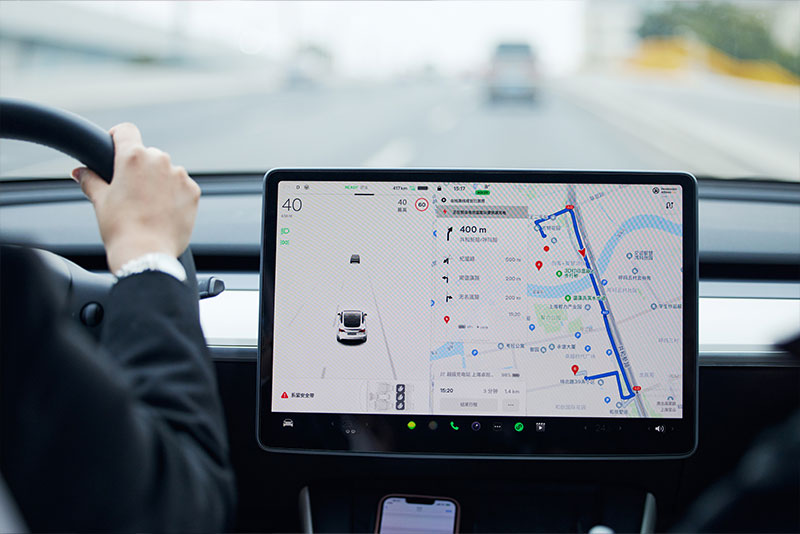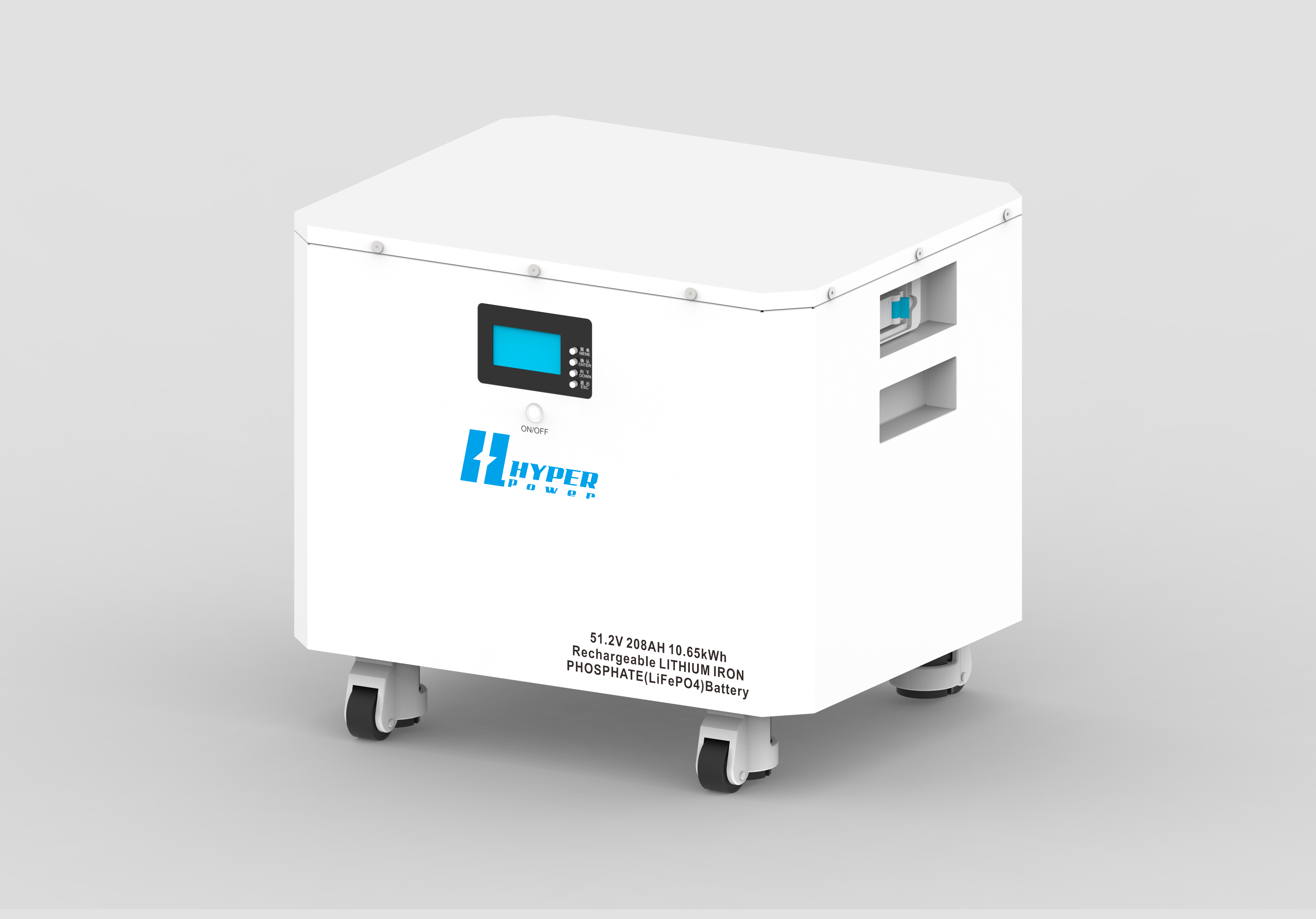The Future of Mobility: Why Lithium Batteries for Vehicles Are Game Changers
Introduction
In recent years, the automotive industry has witnessed a seismic shift towards electrification. At the heart of this transformation is the lithium battery for vehicle applications, a technology that is redefining how we think about mobility. As we delve into the benefits, challenges, and future trends of vehicle lithium batteries, it becomes clear why these power sources are considered game changers.
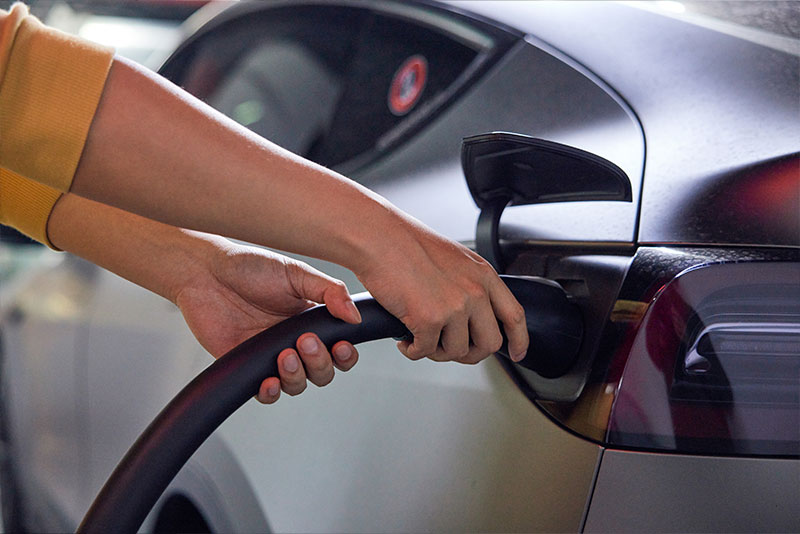
The Rise of Electric Vehicles (EVs)
Electric vehicles (EVs) have gained significant traction due to their potential to reduce greenhouse gas emissions and dependency on fossil fuels. The vehicle lithium battery is a crucial component in making EVs viable for everyday consumers. With advancements in technology, the range, efficiency, and charging times of EVs continue to improve, making them increasingly appealing.
Market Growth and Adoption Rates The global EV market has been on a rapid rise, with sales reaching over 6.6 million units in 2021, marking a 108% increase from 2020. Major automakers like Tesla, Nissan, and Ford are investing heavily in EV technology, further driving the demand for lithium batteries. Countries such as Norway and China are leading the charge in EV adoption, with government incentives and robust charging infrastructure supporting the transition.
Advantages of Lithium Batteries
1.Higher Energy Density Lithium batteries for vehicles offer higher energy density compared to traditional lead-acid batteries. This means they can store more energy in a smaller, lighter package, leading to improved vehicle performance and range.
2.Faster Charging Times The rapid charging capability of lithium batteries allows for quick recharges at home or charging stations. This convenience is vital for consumers considering the switch to electric vehicles.
3.Longer Lifespan Vehicle lithium batteries typically have a longer lifecycle compared to their counterparts. This longevity reduces the frequency of replacements, making them a more economical choice over time.
4.Environmental Impact While lithium mining has its challenges, the overall lifecycle emissions of EVs using lithium batteries are significantly lower than traditional vehicles. As the world moves towards sustainability, this makes lithium batteries a more environmentally friendly option.
Challenges Facing Lithium Battery Adoption
Despite their advantages, lithium batteries also face challenges:
1.Cost The initial cost of electric vehicles remains higher than traditional gasoline-powered vehicles, primarily due to the expense of lithium battery production. However, prices are expected to decrease as technology advances and production scales up.
2.Resource Availability The extraction of lithium can have environmental consequences, and concerns over the sustainability of lithium mining have surfaced. Developing alternative sources and recycling methods is crucial for the long-term viability of lithium batteries.
3.Battery Degradation Over time, vehicle lithium batteries can experience degradation, impacting performance and range. Continued research into battery management systems is essential to mitigate this issue.
Innovations in Lithium Battery Technology
The future of lithium batteries for vehicles is bright, with several innovations on the horizon:
1.Solid-State Batteries Solid-state lithium batteries promise to increase energy density and safety while reducing charging times. These batteries replace the liquid electrolyte with a solid material, potentially eliminating fire risks associated with traditional lithium batteries.
2.Recycling Technologies As the number of electric vehicles grows, so does the need for effective recycling solutions for lithium batteries. Innovations in recycling technologies can recover valuable materials and minimize environmental impacts.
3.Improved Battery Management Systems Advanced battery management systems can enhance the performance and lifespan of vehicle lithium batteries by optimizing charging cycles and monitoring health.
4.Ultra-Fast Charging Future developments in ultra-fast charging technology aim to reduce charging times to as little as 10-15 minutes, making electric vehicle ownership as convenient as refueling a gas-powered car.
The Role of Government and Industry
Government policies and industry initiatives play a pivotal role in the adoption of lithium batteries for vehicles. Incentives such as tax credits, rebates, and infrastructure investments are crucial to encouraging consumers and manufacturers to embrace electric mobility. Additionally, collaborations between automakers and technology companies are driving innovation and reducing costs.
Infrastructure Development Investment in charging infrastructure is critical for the widespread adoption of electric vehicles. Countries are ramping up efforts to establish extensive charging networks, ensuring that consumers have easy access to charging points. Initiatives like the U.S. government's plan to install 500,000 charging stations by 2030 are pivotal in promoting EV adoption.
The Future of Lithium Batteries in Mobility
As we look to the future, several trends are emerging in the world of lithium batteries for vehicles:
1.Increased Adoption of Autonomous Vehicles The integration of lithium batteries in autonomous vehicles is expected to accelerate as technology matures. With their efficiency and reliability, vehicle lithium batteries will play a significant role in the development of self-driving cars.
2.Integration with Renewable Energy Sources The synergy between lithium batteries and renewable energy sources, such as solar and wind, will enable a more sustainable energy ecosystem. Vehicles can potentially be charged directly from renewable energy sources, reducing dependence on the grid.
3.Expansion into Other Modes of Transportation The advantages of lithium batteries are not limited to passenger vehicles. The technology is being explored for use in electric buses, trucks, and even two-wheelers, further diversifying the landscape of electric mobility.
4.Global Supply Chain Improvements As demand for lithium batteries increases, companies are working to establish a more resilient supply chain. This includes securing raw materials and investing in local production facilities to minimize reliance on imports.
Conclusion
As we move towards a more sustainable future, the vehicle lithium battery stands out as a transformative technology in the automotive industry. Its advantages in energy density, charging speed, and environmental impact make it a game changer for mobility. While challenges remain, ongoing innovations and supportive policies will undoubtedly pave the way for a brighter, electrified future. Embracing lithium batteries for vehicles is not just about technology—it’s about reshaping how we think about transportation and our planet.
Blog

Maximizing Energy Independence with Home Lithium Battery Storage

How Residential Photovoltaic Energy Storage Systems Empower Sustainable Homes

Why the 12V Lithium Ion Car Battery is the Smarter Automotive Power Solution — Insights from JEJE Energy
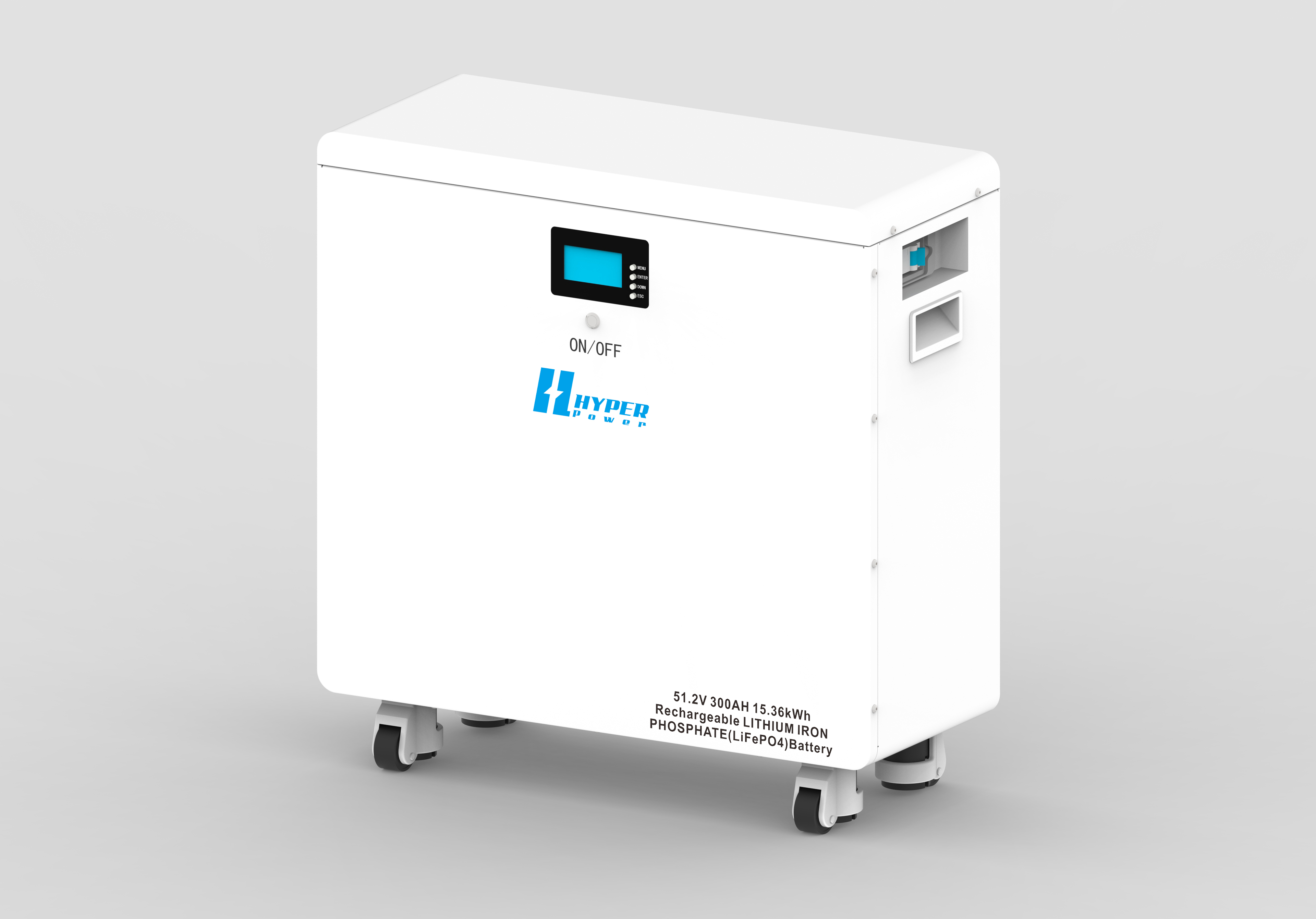









-Charging.png)
.jpg)











